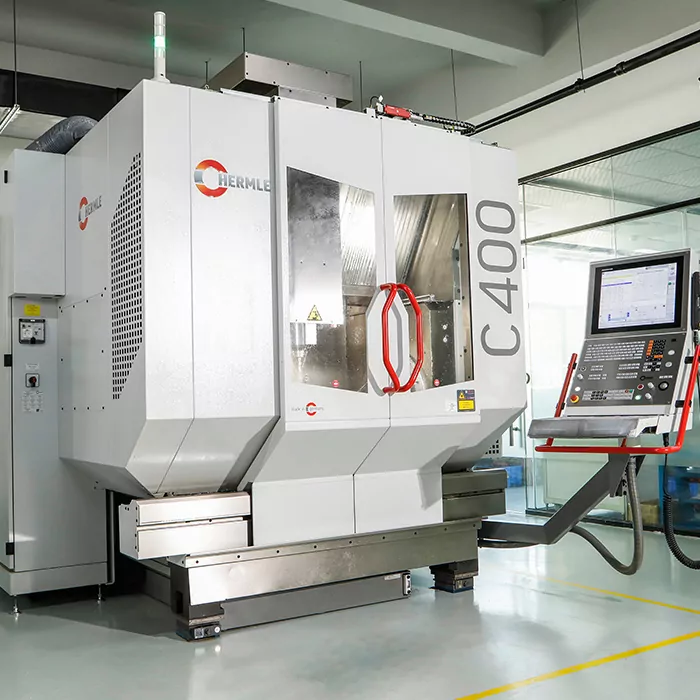Die Casting Companies
Die casting is a widely used manufacturing process in which molten metal is injected into a mold cavity under high pressure. This process is known for its efficiency and precision in producing complex metal parts. However, the die casting industry has also been associated with environmental concerns due to the use of energy-intensive processes and the generation of waste materials. In recent years, leading die casting companies have been at the forefront of implementing environmental sustainability practices to mitigate these concerns. 
Environmental Sustainability Initiatives
Leading die casting companies have been actively exploring environmental sustainability practices to minimize their environmental impact. These initiatives include the adoption of energy-efficient technologies, the implementation of waste reduction strategies, and the use of eco-friendly materials. For example, companies have been investing in advanced die casting machines that optimize energy usage and reduce emissions. Additionally, they have been implementing recycling programs to minimize waste and promote the reuse of materials.
Green Supply Chain Management
Another key aspect of environmental sustainability in the die casting industry is the adoption of green supply chain management practices. Leading companies have been working closely with their suppliers to ensure that the materials and components used in the die casting process are sourced sustainably. This involves conducting thorough assessments of suppliers' environmental practices and promoting the use of recycled materials in the supply chain. By integrating sustainability into their supply chain management, die casting companies are able to reduce their overall environmental footprint.
Renewable Energy Integration
Renewable energy integration is also a significant focus for leading die casting companies in their pursuit of environmental sustainability. Many companies have been investing in renewable energy sources such as solar and wind power to meet their energy needs. By transitioning to renewable energy, these companies are able to reduce their reliance on fossil fuels and decrease their greenhouse gas emissions. This shift towards renewable energy not only benefits the environment but also contributes to long-term cost savings for the companies.
Collaboration and Knowledge Sharing
Leading die casting companies recognize the importance of collaboration and knowledge sharing in advancing environmental sustainability practices. They actively participate in industry associations and initiatives to exchange best practices and innovative solutions. By sharing their experiences and insights, these companies contribute to the collective effort of driving positive change in the die casting industry. Collaboration also extends to partnerships with research institutions and environmental organizations to develop new technologies and strategies for sustainable die casting processes.
In conclusion, the exploration of environmental sustainability practices in the die casting industry by leading companies is a testament to their commitment to environmental stewardship. Through initiatives such as energy-efficient technologies, green supply chain management, renewable energy integration, and collaboration, these companies are setting a new standard for sustainable manufacturing practices. As the industry continues to evolve, it is essential for die casting companies to prioritize environmental sustainability and work towards a greener future. References
|